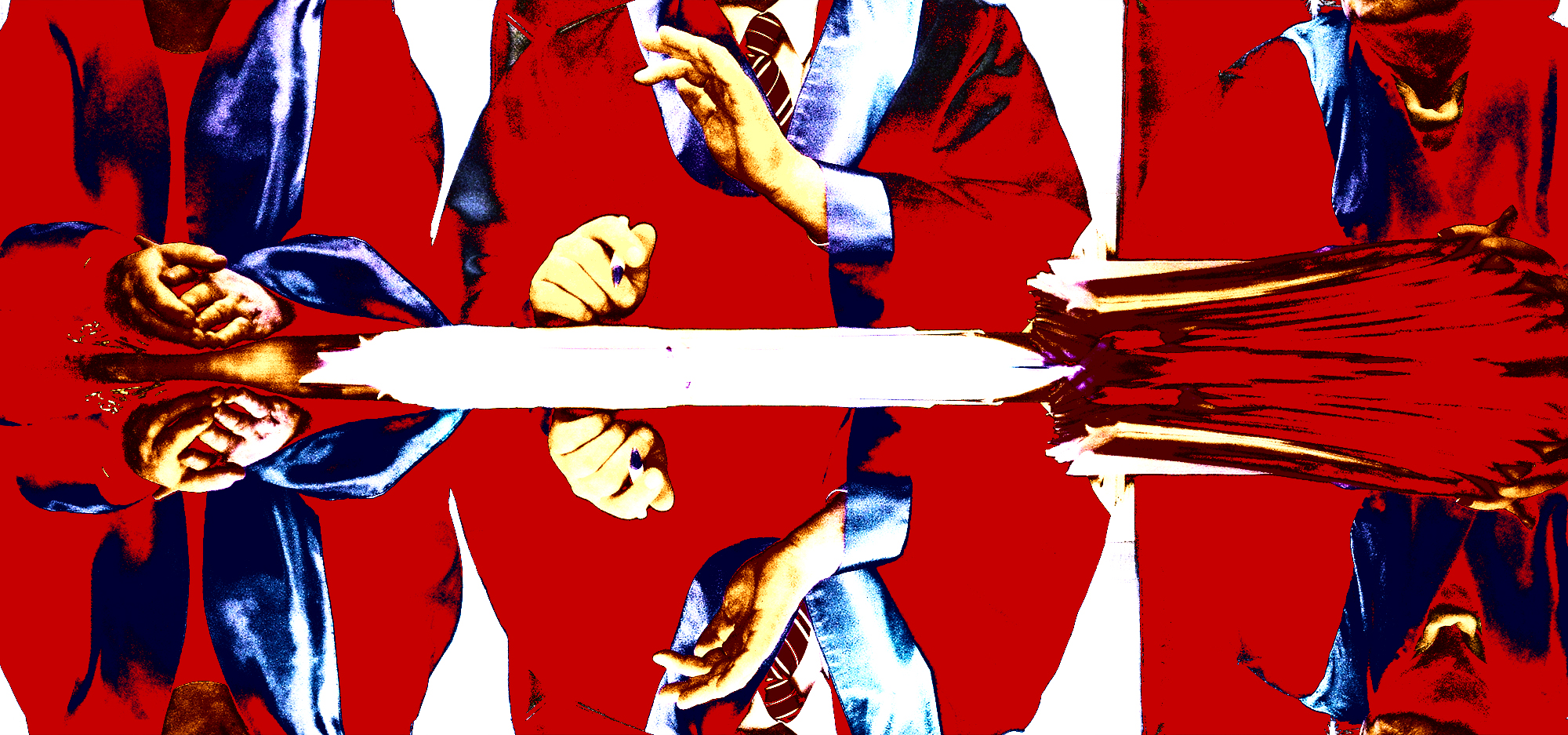
The verdict that failed to reveal the Assembly’s attackers
Basic Court decision quashed due to lack of evidence in terrorism case.
In the Appeals Court decision, the panel of judges state the Basic Court had shown bias in using witness statements.
In addition to casting doubt over some of the key arguments in the initial verdict, the Appeals Court panel of judges also concludes that other key pieces of evidence were disregarded.
Before any questions over reparations are answered the case will first see a retrial, which the Appeals Court panel has strong advice for.

Leonora Aliu
Leonora Aliu is a former K2.0 journalist (2017-18). She studied journalism at the University of Prishtina.
This story was originally written in English.